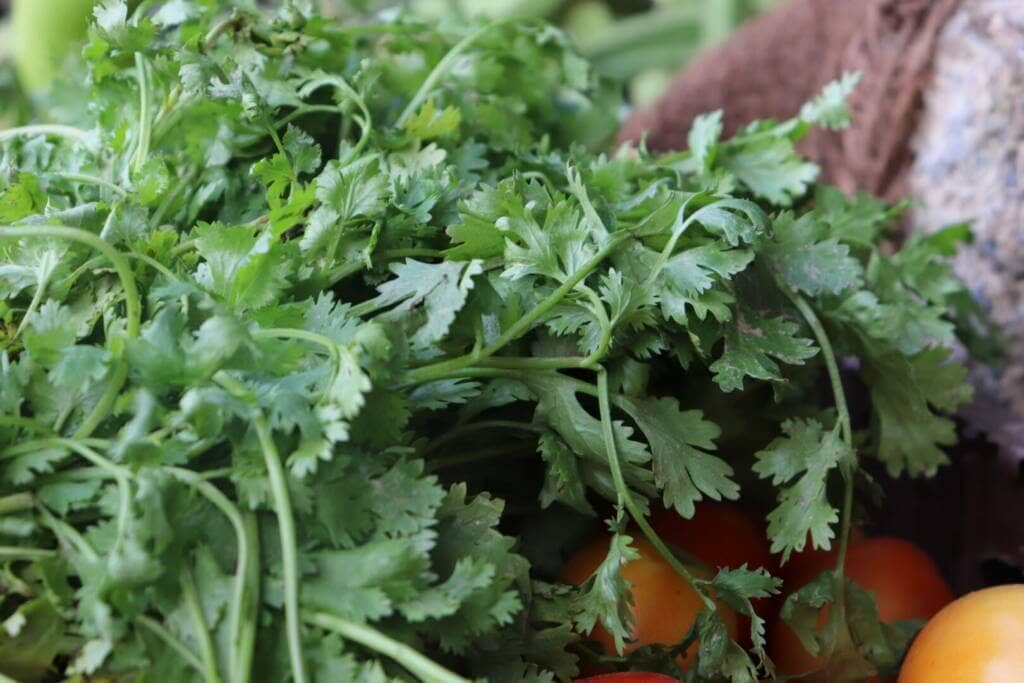Highlights
Childhood cancer survivors were reported to have a higher incidence of pulmonary complications / lung diseases (a long-term chemotherapy side-effect) like chronic cough, asthma and even recurrent pneumonia as adults when compared to their siblings who were never diagnosed or treated for cancer. And the risk/impact was greater when treated with radiation at a younger age.
While we still have a long way to go, it is a huge blessing that because of advancing technologies in medicine as well as more and more medical research being done every day, the survival rates for children with malignant tumors has surpassed 80%. This is a huge feat which was not possible just a few decades ago, and it is because of these increased survival rates, that scientists are now able to look at how being diagnosed and treated early on in life affects these kids subsequently later in life. Unfortunately, for many children who were able to successfully fight off the disease and become completely cancer free, research and data show that their chances of complications later in life are much higher than people who have never been diagnosed or exposed to the cancer treatments before.

Foods to Eat After Cancer Diagnosis!
No two cancers are the same. Go beyond the common nutrition guidelines for everyone and make personalized decisions about food and supplements with confidence.
Lung Diseases : Long Term Chemotherapy Side-Effect
One of the most prevalent incidence rates for childhood cancer survivors is pulmonary/lung disease (a long-term chemotherapy side-effect). This involves a range of complications involving a person’s lungs such as chronic cough, asthma, lung fibrosis and recurrent pneumonia. In a study published by the American Cancer Society, the goal of the researchers were to figure out what the future pulmonary/lung risks were and what signs could be used to screen for these complications so that medical help can be provided early on. The subjects tested came from the Childhood Cancer Survivor Study, a study that repeatedly surveyed individuals who had survived at least five years after a childhood diagnosis of a range of diseases from leukemia, central nervous system malignancies, to neuroblastomas. After randomly analyzing the data (including data of daily physical activity) taken from the surveys of over 14,000 patients, the researchers found that “by the age of 45 years, the cumulative incidence of any pulmonary condition was 29.6% for cancer survivors and 26.5% for siblings” and concluded that “pulmonary complications/lung diseases are substantial among adult survivors of childhood cancer and can affect daily activities” (Dietz AC et al, Cancer, 2016).
Another study done by researchers from Columbia University in New York studied the same topic but through analyzing data on 61 children who underwent lung radiation and had undergone a pulmonary function test. These researchers found a direct correlation showing that “pulmonary dysfunction is prevalent among pediatric cancer survivors who receive radiation to the lung as part of their treatment regimen” The researchers also observed that there was a greater risk of developing pulmonary dysfunction when the treatment was done at a younger age and this they say could be due to the “developmental immaturity” (Fatima Khan et al, Advances in Radiation Oncology, 2019).
These findings on higher incidence of pulmonary complications/lung diseases from retrospective studies of a large number of childhood cancer survivors though grim are important in many ways. Knowing the risks/impact of aggressive treatment, the medical community can further optimize the cancer treatments in children to avoid these complications (chemotherapy side effects) in future, and signs of pulmonary complications/lung diseases can be monitored closely and steps taken to prevent them. Additionally, with the advances in more targeted radiation and chemotherapy options that have been developed, there is hope that the cancer survivors from today will be better off in their adult lives. Cancer survivors also need to build their immunity and enhance their well being through the right nutrition choices and a healthy lifestyle, to avoid such possible negative complications in their future lives.
What food you eat and which supplements you take is a decision you make. Your decision should include consideration of the cancer gene mutations, which cancer, ongoing treatments and supplements, any allergies, lifestyle information, weight, height and habits.
The nutrition planning for cancer from addon is not based on internet searches. It automates the decision making for you based on molecular science implemented by our scientists and software engineers. Irrespective of whether you care to understand the underlying biochemical molecular pathways or not - for nutrition planning for cancer that understanding is needed.
Get started NOW with your nutrition planning by answering questions on the name of cancer, genetic mutations, ongoing treatments and supplements, any allergies, habits, lifestyle, age group and gender.

Personalized Nutrition for Cancer!
Cancer changes with time. Customize and modify your nutrition based on cancer indication, treatments, lifestyle, food preferences, allergies and other factors.
Cancer patients often have to deal with different chemotherapy side effects which affect their quality of life and look out for alternative therapies for cancer. Taking the right nutrition and supplements based on scientific considerations (avoiding guesswork and random selection) is the best natural remedy for cancer and treatment related side-effects.
